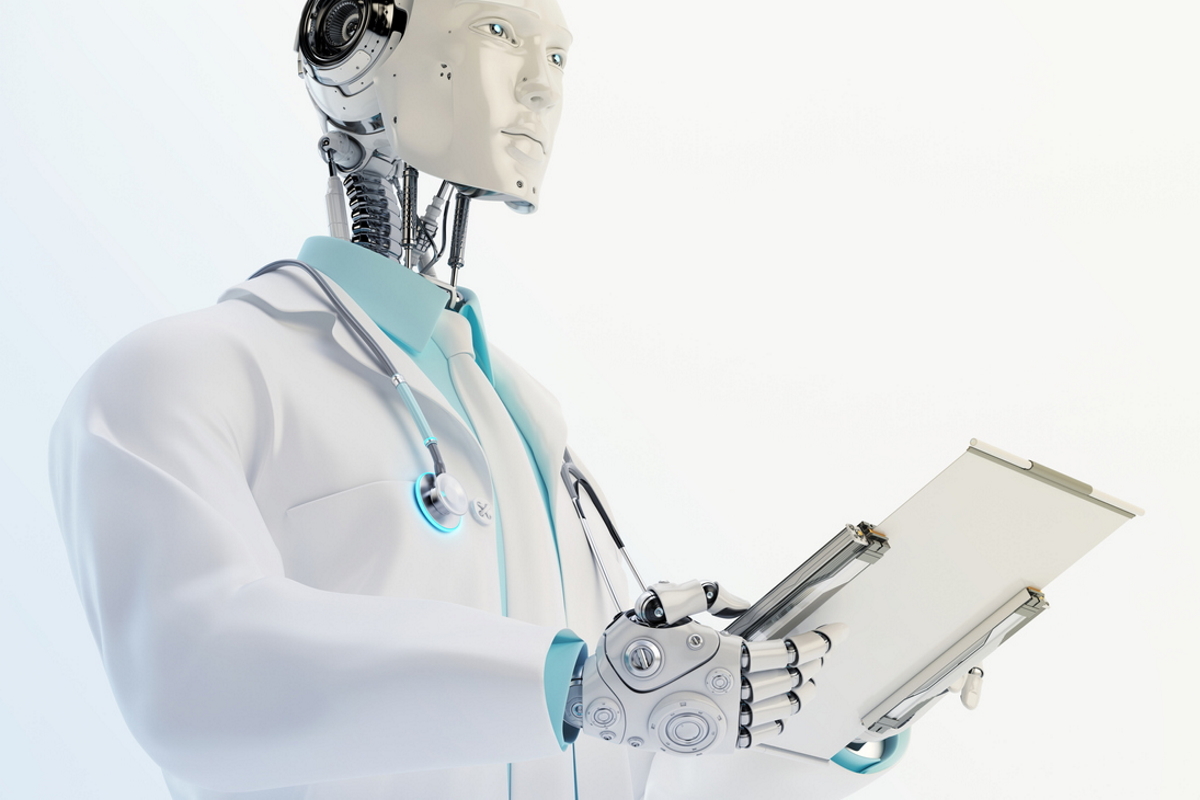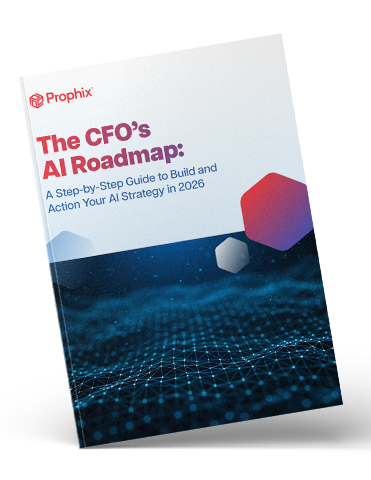Revolutionising the NHS with AI technology

Alex Batchelor at Pictura Bio describes how AI can transform healthcare in the UK, cutting waste and improving outcomes
The NHS is in crisis and is facing the worst winter on record. And perhaps more worryingly, this is becoming an annual occurrence.
A combination of rising cases of respiratory infections including flu, COVID and RSV, an ageing population, staff shortages, tighter budgets, the post-pandemic backlog and the cost of living crisis, are placing a huge strain on our healthcare system.
Services are deteriorating. Just recently, it was reported that over 11,000 ambulances were stuck in queues waiting over an hour to deliver patients to hospitals, endangering lives. Similarly, waiting lists for life-saving treatment are growing, with 401,537 waiting over 52 weeks. The NHS workforce is also under immense pressure; one of the major reasons for the planned strike action by nurses across England, Northern Ireland and Wales.
In response to the crisis, Chancellor Jeremy Hunt has announced a £3.3 billion increase in NHS funding over the next two years. He said, “The NHS budget has been increased to record levels to deal with the pandemic and today I am asking it to join all public services in tackling waste and inefficiency.”
While the additional funding is welcome, the key point here is addressing waste and inefficiency. There’s no point pumping money into an inefficient system, and currently we see a large amount of wasted time, money, resources and clinical capacity, which all contribute to the NHS shortcomings.
It’s time for a different, technology-driven approach to solve some of these problems. And the evidence suggests that smart use of artificial intelligence (AI) can make a meaningful difference in relieving the pressure on the NHS, reducing waste and ultimately, providing better care for patients.
The major areas of waste
The NHS sees a large number of unnecessary GP appointments, wasting doctors’ limited time and preventing patients who are seriously ill from getting quick access to medical support. Due to the ongoing workforce shortages and increasing demand for appointments, GPs are dealing with up to 90 consultations a day - more than three times the recommended safety limit. In September 2022, 1.5 million patients waited over 28 days to see their GP.
Hospitals are also disproportionately full of people that don’t require medical support, either because they have been admitted without a full diagnosis or because they aren’t getting discharged efficiently - a poor use of precious hospital beds.
It was recently reported that as many as one in three hospital beds are taken up by patients who are waiting to be discharged and that delays can range from a week to a couple of months. As a result, waits for hospital beds have now reached record highs, with 43,792 patients in October waiting at least 12 hours in A&E after they had been admitted.
Dr Tim Cooksley, president of the Society for Acute Medicine said, "Standards are at an unacceptably poor level for both patients and staff, with an expectation that this will deteriorate further over the winter months."
Another major area of waste in the NHS is unnecessary prescriptions of medications, particularly antibiotics. These are often prescribed without a full understanding of what is wrong with the patient, wasting a significant amount of money and contributing to antimicrobial resistance.
The need to act now
Demand on the NHS will only grow as the population increases and people live longer. With an ageing population comes more chronic health conditions that require NHS services and a greater portion of the budget.
Health spending drastically increases after age 50 and it is estimated that an 85-year-old man costs the NHS roughly 7 times more than a man in his thirties. The World Health Organization predicts that by 2030, one in six people in the world will be over the age of 60.
Therefore, it is of utmost importance to improve the efficiency of the NHS today, so that it can continue to provide an effective service for patients and keep up with tomorrow’s demand.
How AI can improve efficiency and cut waste
Firstly, a lot of the wasted time occurs because doctors don’t have the right information about a patient. However, AI diagnostic tools have the potential to quickly and accurately test for multiple infectious diseases, which would provide patient and doctor with a near instantaneous, complete picture of what illness they have.
Using this information, it would be far easier to identify those who are in the most urgent need of care so that they can be prioritised, helping to reduce waiting times for treatment. It could also reduce the number of patients visiting GPs and prevent unnecessary hospital admissions, freeing up appointments and hospital beds for more critically ill people.
Plus, by giving precise test results quickly, doctors will be less likely to needlessly prescribe medications, saving money in the process.
AI can also help with other areas of diagnosis. For example, suppose you could automate part of the protocol for imaging screens like mammograms, which require multiple medical professionals to look at them. In that case, you could speed up diagnosis and make the whole process more efficient, taking the pressure off the already overwhelmed NHS staff.
What’s more, AI technology can automate processes that don’t require specialist brainpower. This means clinicians and nurses can divert their expertise to where it is needed the most, ultimately resulting in better care and outcomes for patients. For example, automated patient handling workflows reduce the need for medical staff to spend time on repetitive admin tasks.
Additionally, wearables could help people receive more timely care, as they could offer a way of gathering key data about a patient’s health status. For example, wearing a watch that measures blood pressure and feeds data back to a central piece of software for analysis could help flag up anything concerning.
The challenges of digitalising the NHS
Unfortunately, regulation is one of the main holdups for implementing digital health solutions. Our safety guidelines were written long before AI was invented. To tackle this issue, the NHS is currently funding a multi-agency advisory service to provide guidance on how to navigate regulatory pathways more effectively and increase the adoption of AI.
AI is also a fairly unknown area for doctors, who have to put their trust in a totally foreign system. Therefore, they need large amounts of data to prove that a new piece of technology is reliable and that the impact of using it isn’t going to harm their patients. Older staff are perhaps likely to be warier of new technology.
And yet, the pressure on the NHS is only going to increase as the population grows and ages. To cope with this growing demand, it is crucial to address the efficiency of our health system and reduce waste before the situation worsens.
AI technology offers an opportunity to revolutionise the health system and benefit both patients and NHS staff. By automating processes and improving diagnostics and patient health monitoring, it can save money, ease the workload of healthcare workers, increase the availability of GP appointments and hospital beds and reduce lengthy waiting times for patients to be discharged from hospitals or receive treatment.
Alex Batchelor is co-founder and CEO at Pictura Bio
Main image courtesy of iStockPhoto.com

Business Reporter Team
Most Viewed
Winston House, 3rd Floor, Units 306-309, 2-4 Dollis Park, London, N3 1HF
23-29 Hendon Lane, London, N3 1RT
020 8349 4363
© 2025, Lyonsdown Limited. Business Reporter® is a registered trademark of Lyonsdown Ltd. VAT registration number: 830519543





